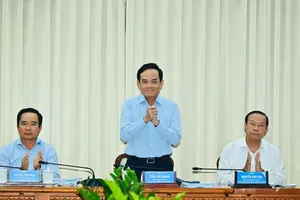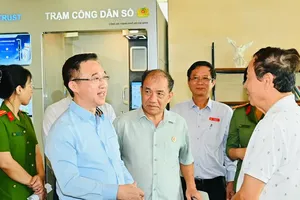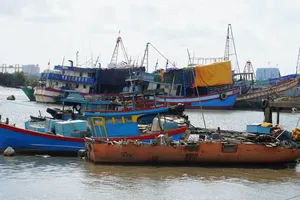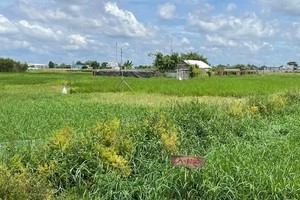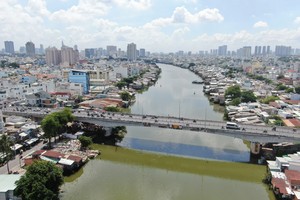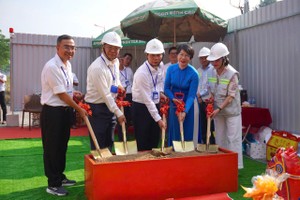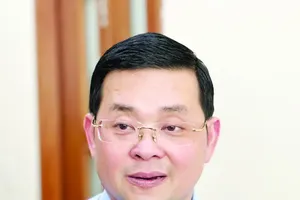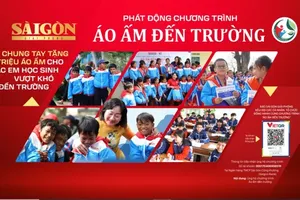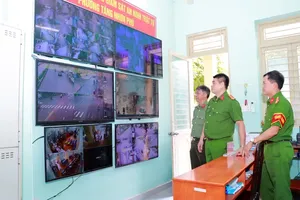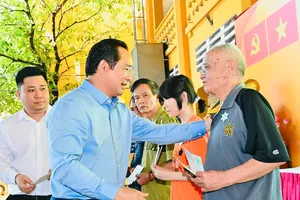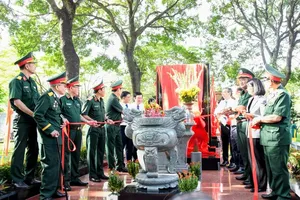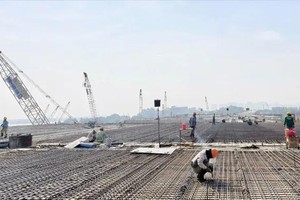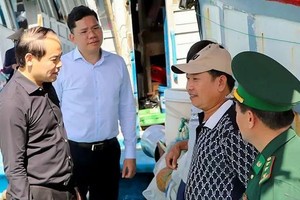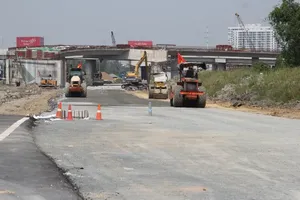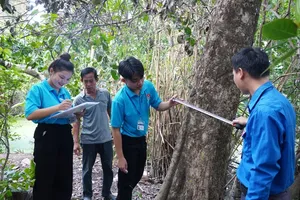The World Bank Group’s Board of Executive Directors yesterday approved a loan of US$124 million to improve the performance and efficiency of public transport in a high-priority corridor in Ho Chi Minh City, Vietnam’s principal economic hub.
The project will finance the development of a Bus Rapid Transit corridor between An Lac in the southwest and Rach Chiec in the northeast, following the Vo Van Kiet and Mai Chi Tho Boulevards, stretching about 23 kilometers, with 28 stations.
The system, once completed, will be able to transport up to 28,300 passengers a day. Its design aims to address the needs of women, children and people with disabilities. Design features include keeping all bus and station doors at the same level, making it easier for passengers to board and exit buses and load strollers and other carriers.
Stations will have low-slope ramps for wheelchair access, making it easier for people with disabilities. In addition, the project will finance at least 28 buses that will run on compressed natural gas, a cleaner fuel that reduces emissions and pollution.
The project also seeks to show the advantages of Bus Rapid Transit and help city authorities prepare for the implementation of a proposed six-line network and lay a foundation for HCMC to build the institutions needed to run an integrated public transport system in the future.
The future metro, tramway, BRT, and bus lines will need to be coordinated to provide users with an integrated service that makes travel convenient. This integration implies, among others, a unified fare structure integrating stations and stops of different modes, so that transfers are as seamless and convenient as possible.
By building up the capacity of HCMC’s existing institutions to handle urban transport regulation, management and operations, the project will pave the way for the eventual establishment of a unified citywide Public Transport Authority, which would coordinate strategy, services and fares across all public transport modes.
The Project has a total cost of US$ 137.45 million and will be financed by an International Development Association credit equivalent to US$124.0 million. Vietnam will co-finance the remaining investment of US$13.45 million. The IDA credit will have a maturity of 25 years, including a grace period of five years.
